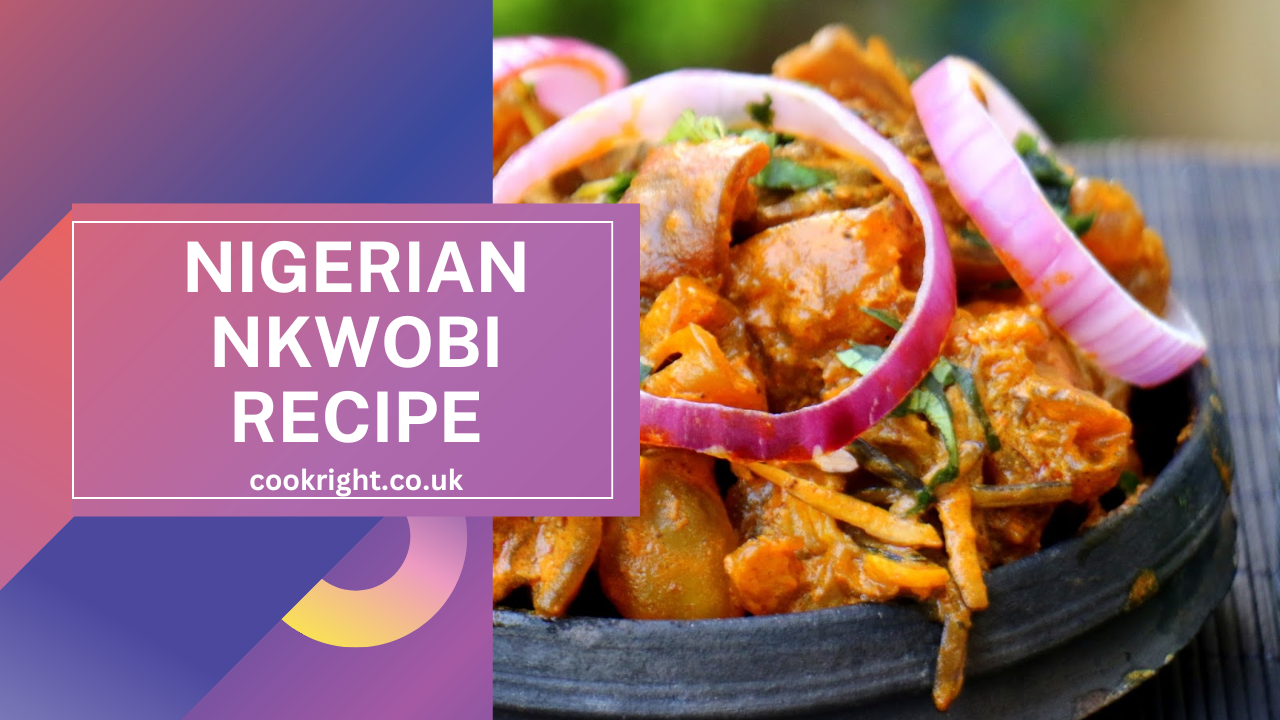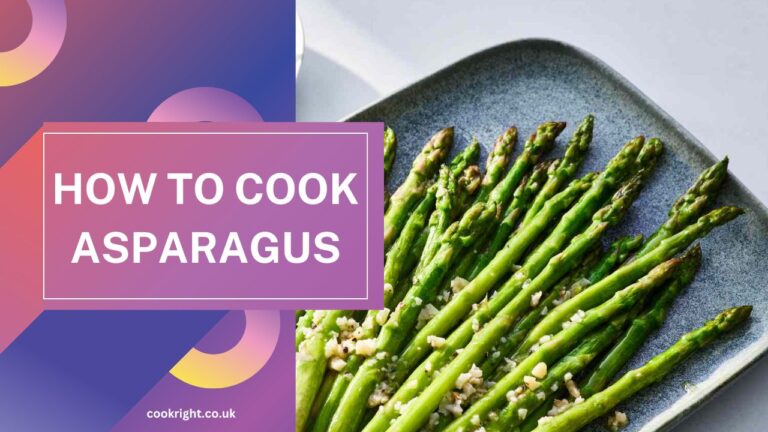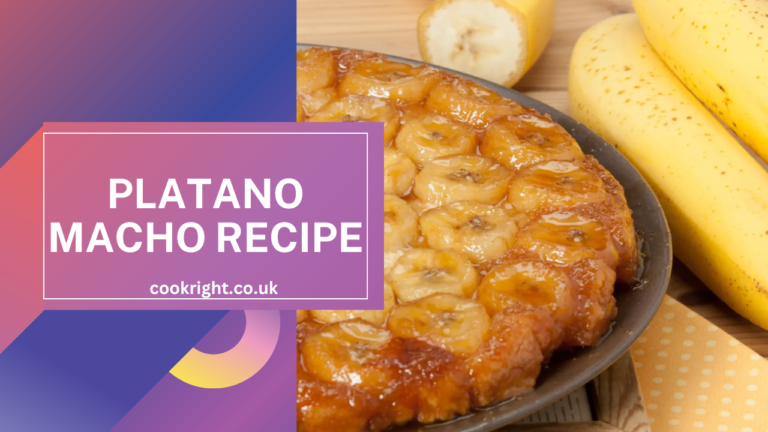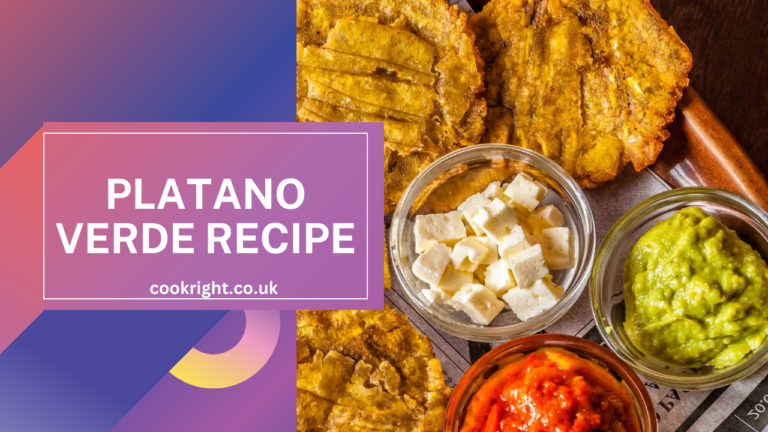Nkwobi is a traditional Nigerian dish that originates from the southeastern part of Nigeria, particularly popular among the Igbo people. It’s a spicy cow foot delicacy that has become a favorite in many parts of Nigeria, often served as an appetizer or as a main dish in many Nigerian homes and restaurants. Known for its rich flavor and creamy texture, Nkwobi is often enjoyed with a chilled drink, making it a perfect treat for special occasions, gatherings, or simply a delightful evening snack.
In this comprehensive guide, we’ll take you through the step-by-step process of preparing Nkwobi from scratch, along with tips and tricks to ensure your dish is as authentic and delicious as possible.
Ingredients
Before diving into the cooking process, let’s go over the essential ingredients you’ll need to make Nkwobi:
- Cow Foot (Nkwobi): 2 kg, cut into bite-sized pieces
- Palm Oil: 1 cup
- Potash (Akanwu or Kaun): 1 tablespoon, dissolved in water
- Ground Crayfish: 2 tablespoons
- Calabash Nutmeg (Ehuru): 1 tablespoon, ground
- Ground Pepper (Ata rodo or chili powder): 1 tablespoon (adjust to taste)
- Onions: 1 medium-sized, finely chopped (optional)
- Utazi Leaves: A few leaves, finely sliced (for garnishing; optional for bitterness)
- Seasoning Cubes: 2-3 cubes
- Salt: To taste
- Sliced Onions and Utazi for Garnish: For a classic presentation
How To Prepare Nkwobi With Goat Meat
Step 1: Clean and Prepare the Cow Foot
- Start by thoroughly washing the cow foot pieces with clean water. You can use a little salt or vinegar to ensure they are clean.
- Place the cow foot pieces in a pot, add water to cover them completely, and set them on high heat.
- Add the seasoning cubes and a pinch of salt to taste. Let the cow foot cook until it becomes tender. This can take anywhere from 1 to 2 hours depending on the toughness of the meat. Using a pressure cooker can speed up this process significantly, reducing cooking time to about 30-40 minutes.
- Once tender, drain any excess water and set the cooked cow foot aside. Reserve about a cup of the cooking stock; you’ll need this for the sauce.
Step 2: Prepare the Potash Solution
- Potash is an essential ingredient in Nkwobi as it helps to thicken the palm oil into a creamy, orange sauce.
- Dissolve a tablespoon of potash in half a cup of water. Stir well and allow the particles to settle at the bottom.
- Carefully pour the clear liquid into a bowl, leaving the residue behind. Set the potash solution aside.
Step 3: Make the Nkwobi Sauce
- In a clean pot or large mixing bowl, pour in the palm oil.
- Gradually add the potash solution while stirring continuously. You’ll notice the palm oil start to change color from red to a bright yellowish-orange as it thickens. This is the base of your Nkwobi sauce.
- Add the ground crayfish, ground ehuru, and ground pepper to the sauce. Stir well to combine all the ingredients evenly.
- Taste and adjust seasoning as needed. If you prefer a spicier dish, you can add more pepper at this stage.
Step 4: Combine Cow Foot with the Sauce
- Add the cooked cow foot pieces into the sauce mixture, ensuring that every piece is well coated with the creamy sauce.
- If the sauce appears too thick, you can add a bit of the reserved cooking stock to achieve your desired consistency. Stir well to combine.
- Set the pot on low heat and allow the mixture to warm up for about 5-10 minutes. Stir occasionally to prevent burning and ensure even heating.
Step 5: Garnish and Serve
- Once your Nkwobi is well heated and coated in the flavorful sauce, it’s ready to be served.
- For a classic Nkwobi presentation, serve in a traditional wooden bowl or a dish.
- Garnish with thinly sliced onions and a sprinkle of chopped utazi leaves. The utazi adds a slight bitter taste that balances the richness of the palm oil sauce, but this can be optional if you prefer a less bitter taste.
- Serve hot, accompanied by a chilled drink, and enjoy the savory and spicy delight of this traditional Nigerian dish.
Tips for the Perfect Nkwobi
- Choose Fresh Ingredients: Fresh cow foot and spices make a huge difference in the flavor of your Nkwobi. Always opt for fresh, high-quality ingredients.
- Adjusting Spice Levels: If you’re not a fan of too much heat, reduce the amount of pepper. You can always add a bit more gradually until you reach your preferred spice level.
- Cooking the Cow Foot: If you don’t have a pressure cooker, plan your cooking time accordingly as cow foot takes longer to tenderize. Cooking it until perfectly tender is crucial for the best Nkwobi experience.
- Potash Substitutes: If potash is not available, you can use baking soda, though it may not yield the exact same texture. Be cautious with the amount used to avoid an overpowering taste.
- Serving Suggestions: Nkwobi is best enjoyed warm. You can serve it as an appetizer or as part of a larger meal. It pairs wonderfully with other Nigerian dishes like pepper soup or isi ewu.
- Utazi Leaves: These leaves add a unique, slightly bitter taste to the dish. If you can’t find utazi, you can skip them, but including them will give you a more authentic flavor profile.
Conclusion
Nkwobi is more than just a dish; it’s a celebration of Nigerian culture and culinary expertise. Its rich, spicy flavors and tender meat make it a beloved dish that transcends borders, bringing a taste of Nigeria to wherever it’s served. Whether you’re making Nkwobi for a special occasion or just to indulge in some comfort food, this recipe is sure to impress.
With its unique combination of ingredients and robust flavors, Nkwobi is a must-try for anyone looking to explore Nigerian cuisine. So, gather your ingredients, follow these steps, and treat yourself and your loved ones to a delightful plate of Nkwobi. Enjoy your cooking adventure, and most importantly, enjoy every bite of this delicious Nigerian delicacy!








